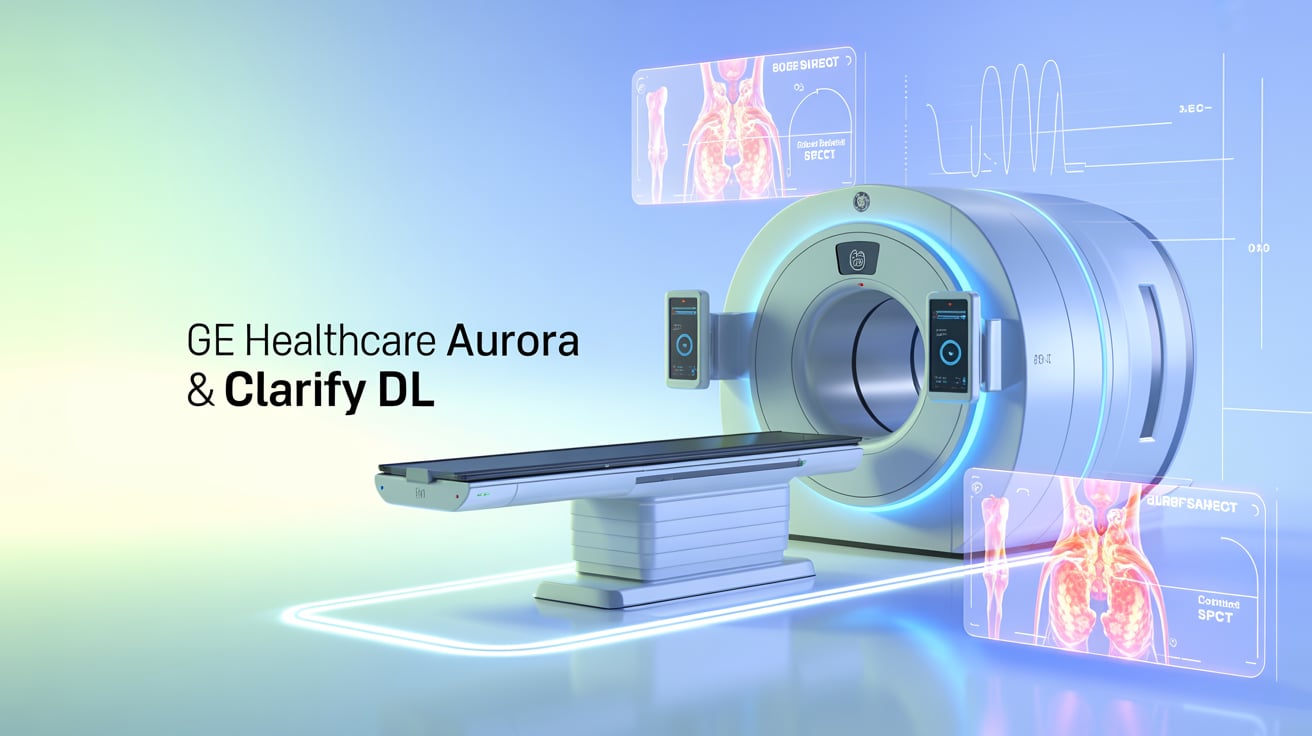Setting a New Standard in Advanced Surgical Care
King Faisal Specialist Hospital and Research Centre (KFSHRC) in Riyadh successfully performed the region’s first robotic-assisted retroperitoneal lymph node dissection (RPLND). This milestone highlights KFSHRC’s leadership in cutting-edge medical innovation.
Precision Treatment for Complex Cases
The procedure was performed on a patient in his thirties diagnosed with testicular cancer that had metastasized to lymph nodes near critical blood vessels such as the aorta and inferior vena cava.
- Challenges: The retroperitoneal area is anatomically complex, increasing risks of severe bleeding and nerve damage.
- Robotic Advantage: The robotic platform enabled precise dissection, reducing risks to critical structures.
Benefits of Robotic-Assisted Surgery
Dr. Majed Al-Rumayyan, who led the Uro-Oncology surgical team, highlighted key advantages:
- Minimally Invasive: Significantly smaller incisions compared to traditional methods.
- Reduced Recovery Time: Patient discharged in one day, versus 5–7 days for open surgery.
- Enhanced Safety: Minimal blood loss, reduced postoperative pain, and preserved critical nerves and vessels.
The technology also minimized the likelihood of complications such as retrograde ejaculation, venous thromboembolism, and chylous ascites, marking a significant improvement over conventional techniques.
A Milestone for Regional Healthcare
This achievement positions KFSHRC at the forefront of surgical innovation in the Middle East, offering patients access to advanced, life-changing treatments.
Stay updated with MEDWIRE.AI for more breakthroughs in surgical robotics and medical advancements worldwide.








